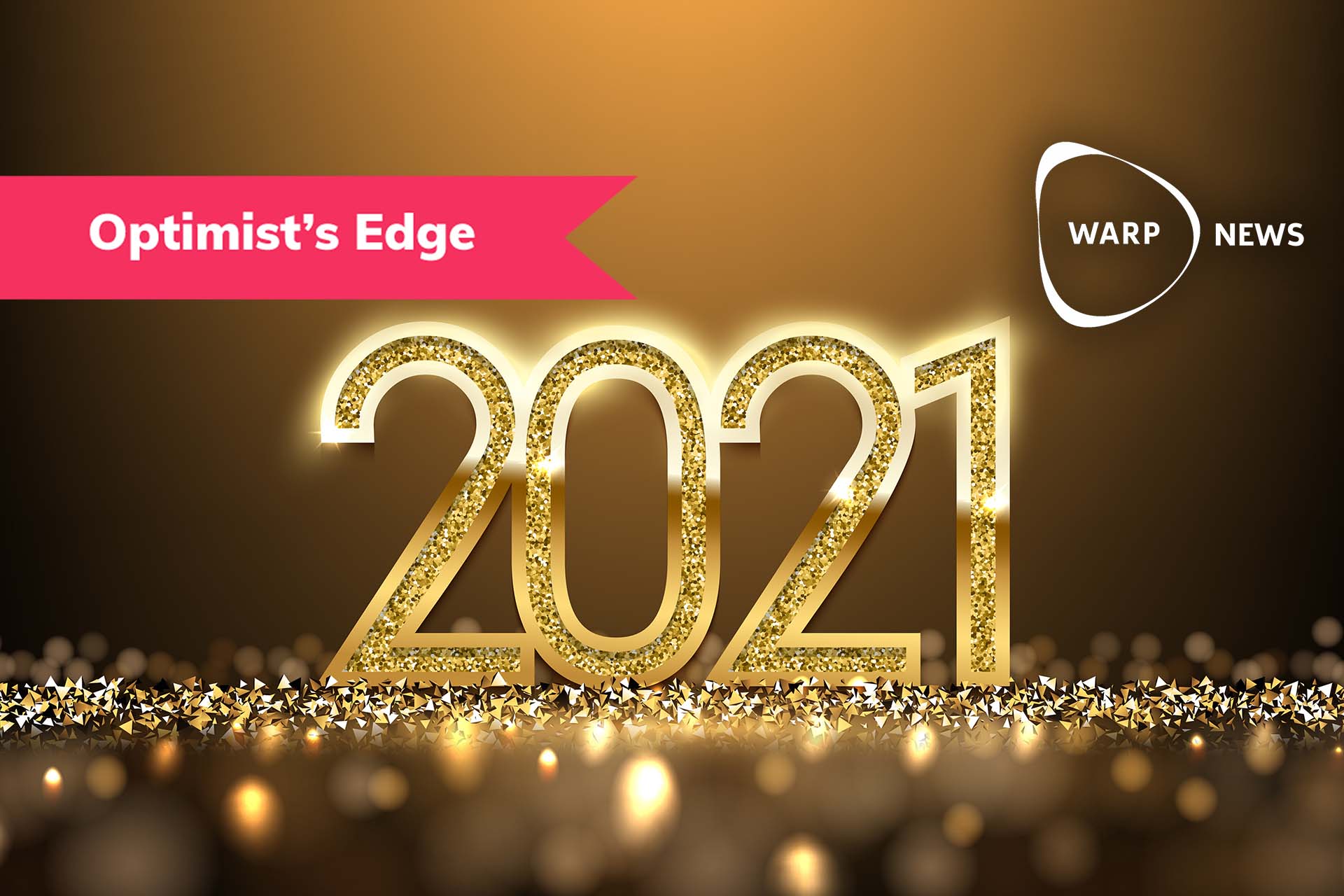
💡6 things that give you an Edge to know about 2021
2021 is coming to an end. How has the year been? Some state that they've become more pessimistic, while others have become more optimistic. Warp wants to give even more people hope for the future and insights about all the great things that are happening. Read on to find out why.
Share this story!
Summary
📉 What people believe
Warp's survey shows that in regards to 2021, approximately as many believe that they have become either more optimistic to some extent or less optimistic. About 9 percent answer that they have become much more optimistic.
📈 Here are the facts
2021 was not such a bad year - in spite of the pandemic. The mixed answers in our survey displays this. In many ways, the past year has been a truly successful year for humanity. Several groundbreaking discoveries and shifts in medicine, technology, and the environment over the past year will mean healthier and longer lives for both humans and the planet at large.
💡 Optimist’s Edge
If you find out how much great that's happened in 2021, there is no need to succumb to pessimism. Because despite our survey, the negative rhetoric is still running high in the public conversation. But the world has not set out on a negative course, although of course there are several worrying tendencies and problem areas to tackle. On the contrary, a lot is going in the right direction! It is important to focus on the positive things that are happening here and now in order to recharge in the best manner for the new year ahead.
👇 How to get the Optimist's Edge
Dive into the flood of knowledge and look out for facts. Everywhere there is bright evidence that the past year has been a really good year - which also gives hope that 2022 will be an even better year. This article gives you six examples of why there is reason to make a positive closure for the year, but of course, there is no final figure for how many good things actually happened in 2021.
📉 What people believe
Warp News' survey shows that one in five has become "slightly more optimistic" in the past year. But 23 percent have become "significantly" or "slightly less" optimistic. Slightly less than half of all respondents state "no difference". On the other hand, less than one in ten has become "significantly more optimistic" in 2021.

📈 Here are the facts
There is a lot to be optimistic about regarding 2021. Below are six examples of positive things to remember.
💉 The UN has approved the world's first vaccine against malaria
Malaria has long eluded the world's researchers, as the plague affects many people and also children with devastating consequences and often also fatal outcomes.
But now a vaccine has finally arrived.
The vaccine will initially be given to children in Africa with the hope of being able to slow down the spread of the deadly disease.
Every year, about 400,000 people die of malaria in Africa, of which 260,000 children. The Director General of the WHO sees the initiative as historic and says it can save tens of thousands of lives every year.
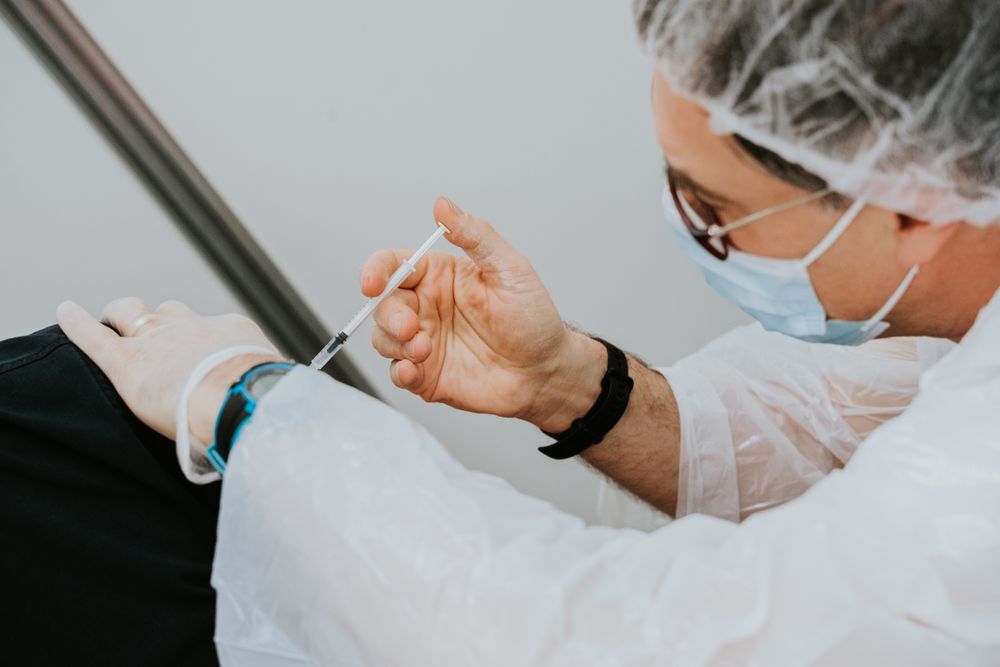
The vaccine targets the most dangerous and common parasite, falciparum. Although the vaccine is only 30 percent effective, it is seen as an important first step in reducing death rates caused by malaria.

🌊 Now the world's oceans are being cleaned of plastic
It is well known today how harmful plastics, which are found in any of the products we use every day, are to nature. Finding a way to take care of the plastic litter of the oceans has therefore been important.
The Ocean Cleanup Foundation has come up with a system for cleaning the world's oceans from plastic. The system is now ready for mass production.
Ocean Cleanup aims to remove 90 percent of the plastics that float around in the oceans by 2040. The operation that began in 2013 also aims to collect 50 percent of all plastic in the Pacific in 5 years.
How is it done? The latest addition to the project is System 002 - also called "Jenny" is an 800 meter long horseshoe-shaped collection device towed by two boats.

Behind the initiative is the Dutch entrepreneur Boyan Slat, for whom a holiday trip to Greece as a 16-year-old was an eye-opener to the issue with plastics in the sea. The solution he saw in front of him he presented in a TEDx talk: A kind of ship with long arms on the sides that catches the plastic.
It took a while, but six months later the clip began to spread and he used his attention to crowdfund $ 90,000, in order to do an in-depth study. Supporting him, the entrepreneur had more than 100 researchers who worked voluntarily with the project.
And now the project contributes on a daily basis to the world getting cleaner seas, which benefits all of us.
🚗Big breakthrough for electric cars
There has been a lot of talk about electric cars lately, but now it seems they may finally have gained traction. The electric car has had its real breakthrough.
Electric cars and plug-in hybrids now account for more than half, 51 percent, of all newly registered cars. Just over a quarter of all newly registered cars, 23 per cent, are electric cars - an increase of 96 per cent compared with October last year.
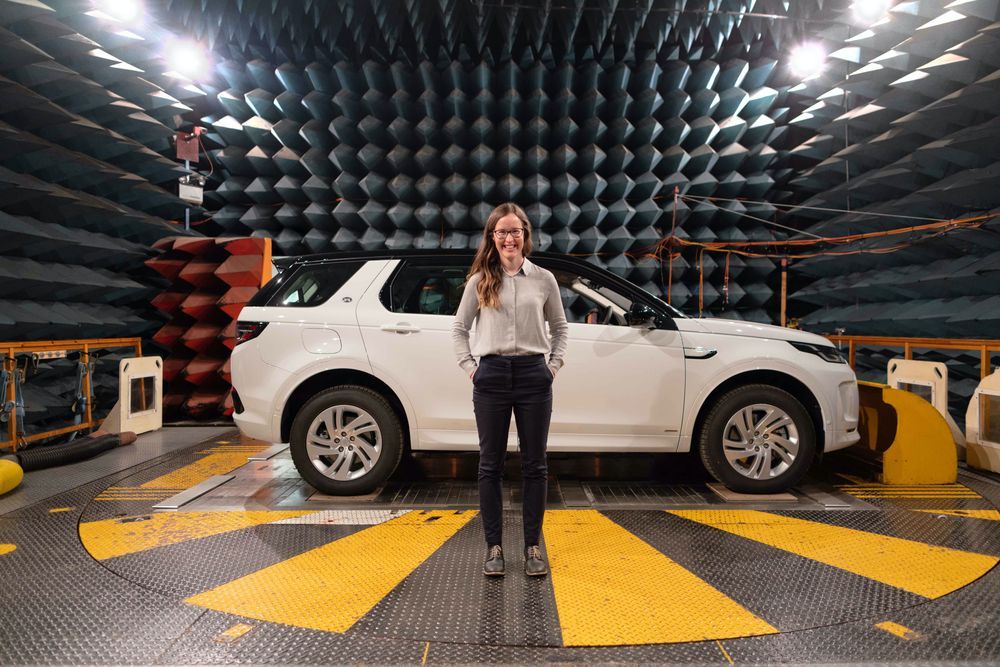
In other number: cars with charging plugs now account for five percent of all passenger cars in Swedish traffic, figures from the industry organization Bil Sweden show. This development will help reduce the strain on the environment.
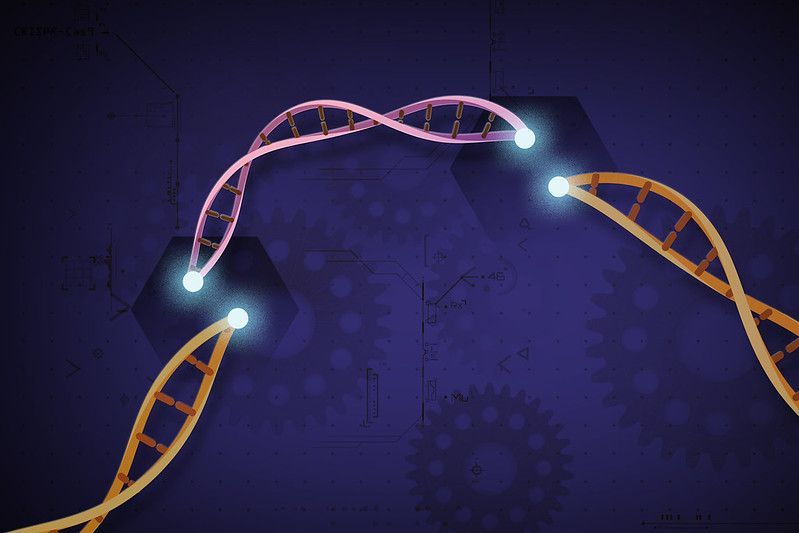
🧬 CRISPR was approved for the treatment of chronic diseases
A discovery in medical research in 2010, when Emmanuelle Charpentier and Jennifer Doudna discovered the CRISPR / Cas9 gene scissors, will now be able to revolutionize our ability to change genes.
In 2020, the scientists received the Nobel Prize in Chemistry for their discovery. And in 2021, several major breakthroughs have been made where technology can treat, and perhaps even cure, serious genetic diseases.
An example is sickle cell anemia, which is a life-threatening disease and one of the world's most common genetic diseases. Every year, about 300,000 children are born with the disease, the vast majority in Africa. Life expectancy is often greatly reduced, many live only to the age of 40-45. Also Huntington's disease can be helped by genetic engineering.
⚡️ Renewable energy is growing faster than ever
Great progress has also taken place in the energy sector during the past year.
According to the International Energy Agency, IEA, 2021 will set a record in how much new electricity will come from renewable sources. In total, the IEA estimates that the world's production capacity for renewable electricity will increase by 290 GW this year.
This is more than in any previous year and corresponds to approximately 300 (!) nuclear reactors. And that's just the beginning.
By 2026, the IEA estimates that 95 percent of all newly built electricity production will be renewable electricity.
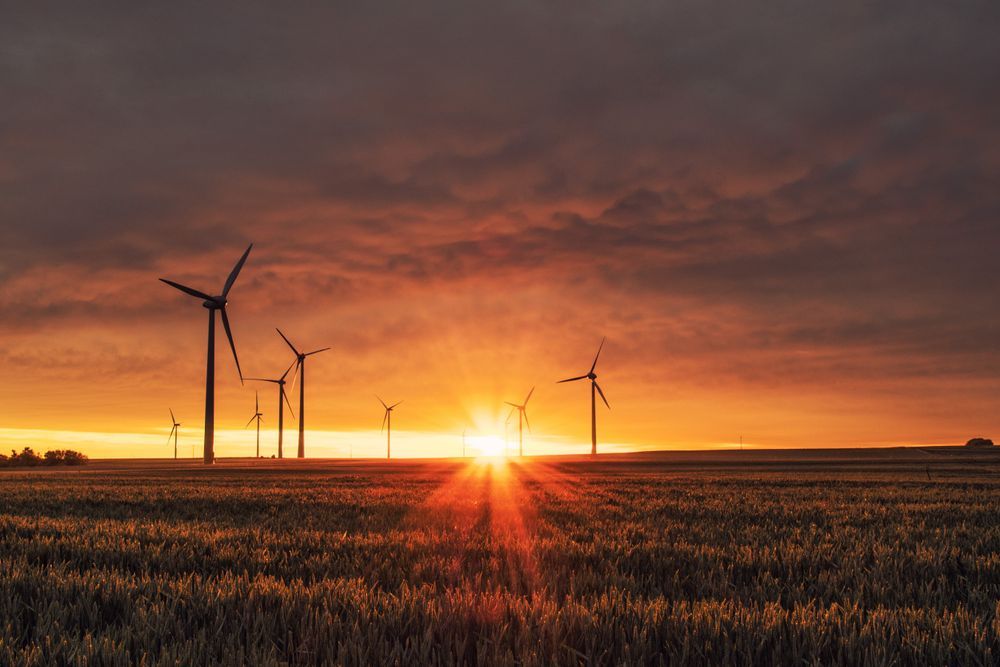
The production capacity of renewable electricity will increase by 60 percent to over 4,800 GW in total. That is as much as all nuclear and fossil fuel power plants produce today.
💡 AI can help us develop new drugs
The development of artificial intelligence is also advancing.
AI algorithms can now predict 3D forms of proteins with a level of precision that matches accurate laboratory technology. The programs, and the enormous amount of protein structures they have revealed, are the journal Science Breakthrough of the Year 2021.
AI algorithms can now churn out predictions for the 3D shapes of proteins with a precision matching that of painstaking laboratory techniques. The programs, and the blizzard of protein structures they have revealed, are Science’s 2021 #BOTY. https://t.co/zBZlWr0fis pic.twitter.com/snrEsDbTH0
— Science Magazine (@ScienceMagazine) December 16, 2021
This means that we now have completely new insights into basic biology and can develop new effective drugs much more efficiently and safely.
💡 Optimist’s Edge
The advantage of having read this article all the way through is that now you know what big changes have taken place in the past year and are better equipped for the next year. You are better prepared both on a personal, as well as professional, level for the progress that will continue to shape the future.
👇 How to get the Optimist's Edge
The easiest way is of course to continue reading the Optimist's Edge articles that Warp News writes. But there are also some other general tips for 2022.
Recalibrate your radar. Instead of searching for the negative and problematic, keep an eye out for all the fantastic and good news that are to be discovered every day, but which have a tendency to fly under the radar.
Tune out when the worst becomes overwhelming. You can opt-out of platforms and media that focus too one-sidedly on negative events.
Use your new knowledge in order to make the world a little better. Invest in fields where the pace of innovation is at its highest. Where there is "growing pains" there are typically good opportunities to participate and contribute with resources and ideas.
What happens, for example, when electric cars to a greater extent are expected to become the default choice in more countries? Germany's newly elected Chancellor Olaf Scholz has set a goal that 15 million electric cars will roll on German roads within ten years. What is necessary in order to be able to realize this?
Share your experiences and thoughts and tell more people to take part in Warp news and newsletters and become part of a large optimistic community.
By becoming a premium supporter, you help in the creation and sharing of fact-based optimistic news all over the world.


